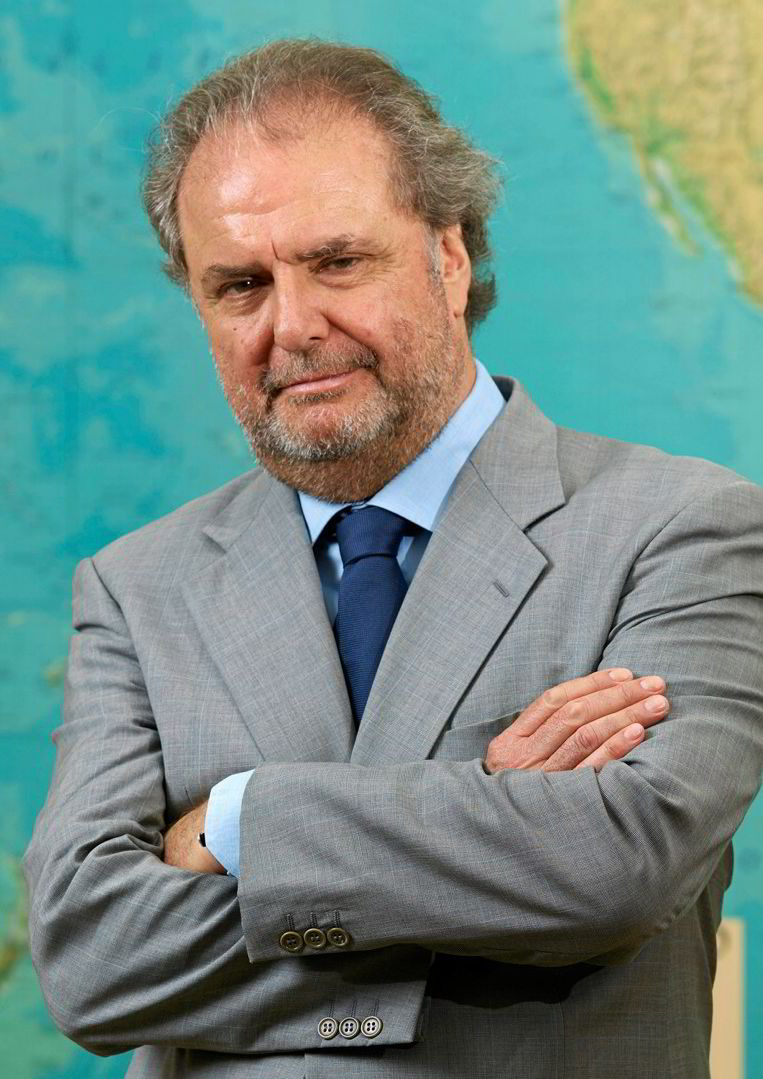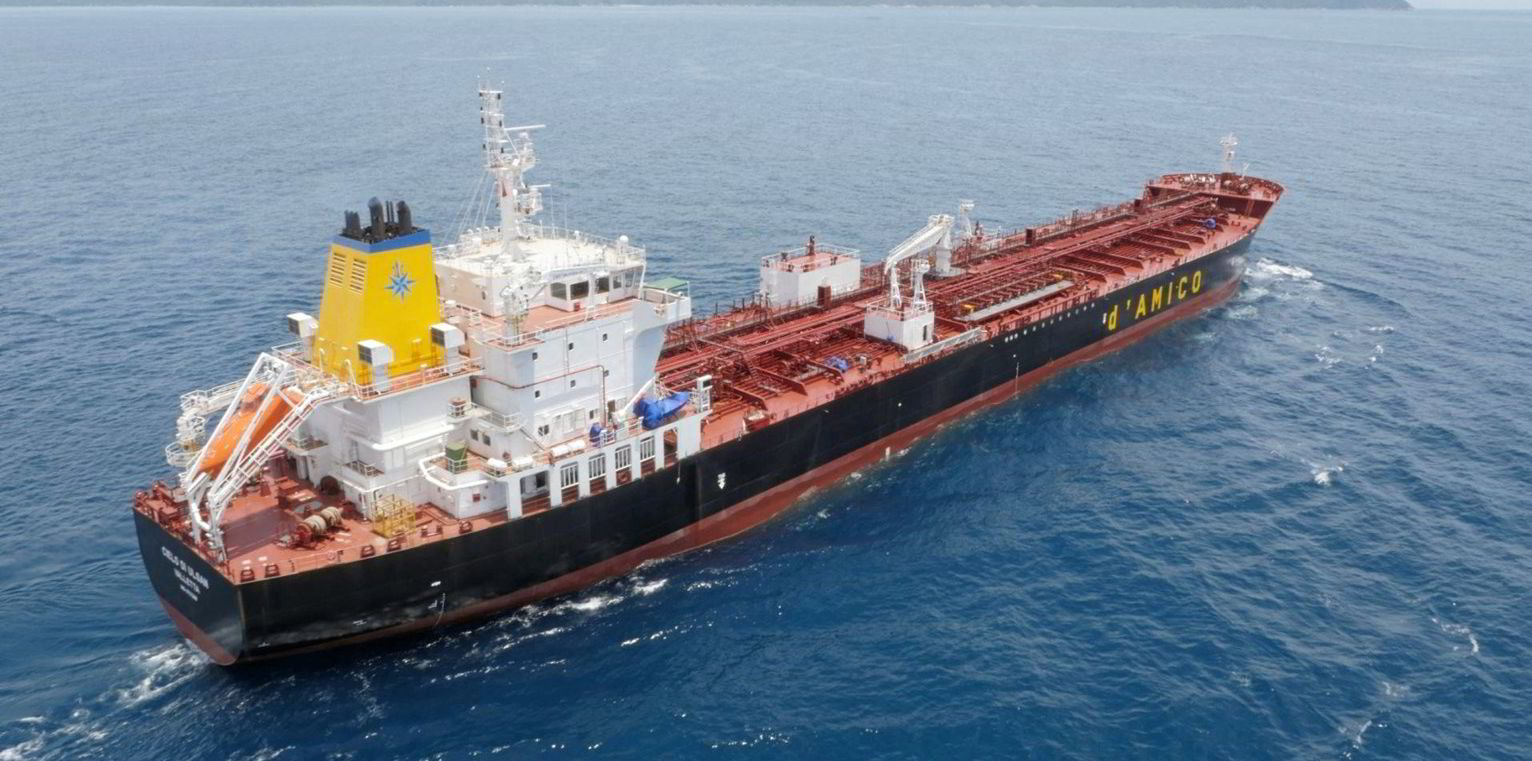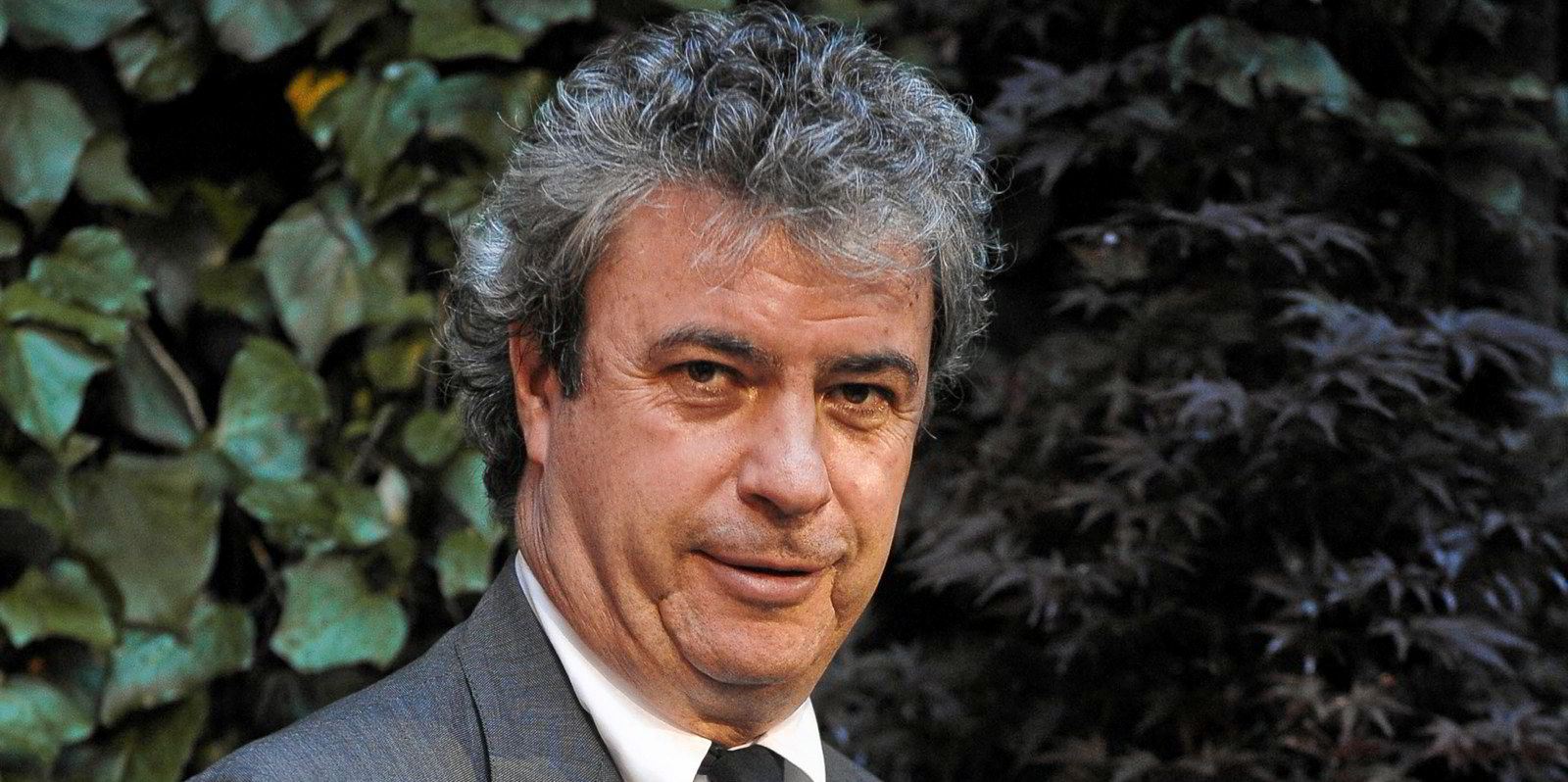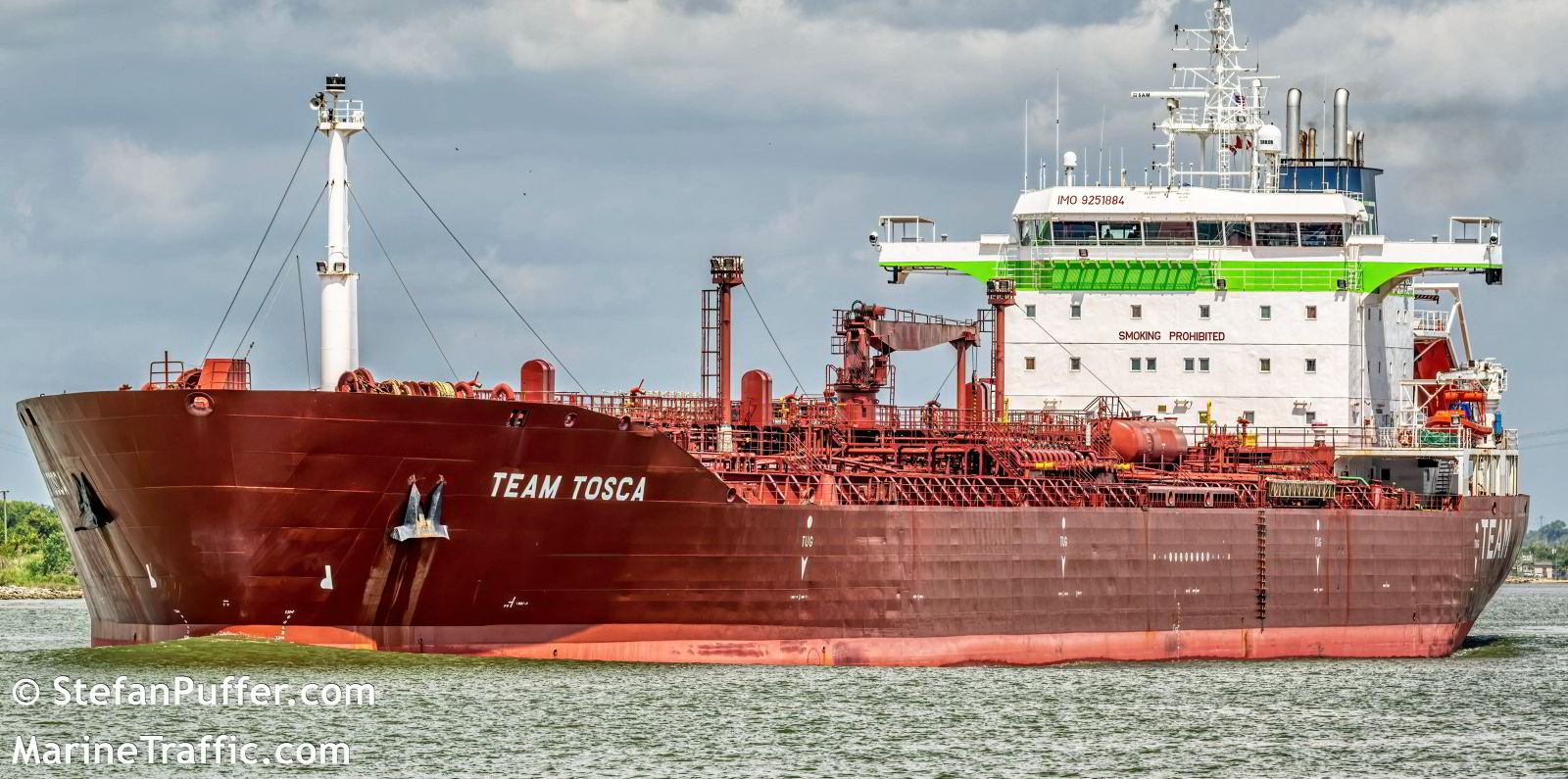d’Amico International Shipping (DIS) said its executive pay will be linked to sustainability performances this year in yet another example of the shipping industry’s increasing focus on environmental, social and governance standards.
The Milan-listed product tanker owner’s board on Thursday approved the amended pay policy explicitly stating remuneration would be related to sustainability criteria, including those laid out by Borsa Italiana’s Corporate Governance Code.

Those standards will also take into account the DIS fleet’s energy efficiency and the environmental impact.
Speaking with TradeWinds, chairman and chief executive Paolo d’Amico suggested the move is to codify the company’s past practices on safety and environmental matters rather than promote behavioural changes.
“Today we are writing more codes on the things, things that are absolutely normal [to us] in the past,” he said.
“I don't see a big change in our behaviour, because we always behave” in the way that meets sustainability standards, d’Amico added.
With more investors focusing on sustainability, financial institutions have been asking shipping companies to demonstrate their corporate governance performances.
“[We have] never been asked, but I am expecting that they are going to ask it in the future. So we’re already prepared for it,” d’Amico said.
DIS is the product tanker arm of Italy’s family-owned d’Amico Group, which has aimed to meet the United Nations Sustainable Development Goals for 2030.
“We are following all the group rules,” the CEO said.
The sustainability drive came as DIS flipped into a net loss of $5.41m in the second quarter, against a profit of $15.6m in the same period of 2020. Revenue slumped to $62.9m from $91m due to weak charter rates.
The company recorded a net loss of $15.2m between January and June, versus a profit of $17.1m during the first half of 2020.
This came as daily time charter equivalent earnings of its fleet fell to $13,371 per ship from $17,930.
While product tanker shipments have recovered in the western hemisphere in recent months, demand for refined products in emerging Asia and South America has been plagued by renewed Covid-19 outbreaks.
“The more people get vaccinated and the more countries go back to normal life, the better the market is going to be for us,” d’Amico said. “Unfortunately, we are missing emerging markets. They are unfortunately slower [in vaccination].”
DIS currently operates 38 LR1, MR and handysize tankers, of which nearly half are employed on period charters and the remainder in the spot trade.
Looking forward, d’Amico said his company’s fleet is likely to start achieving positive earnings by next year based on the oil demand recovery pace.
The International Energy Agency has forecast global oil demand to increase by 5.4m barrels per day (bpd) in 2021 and 3m bpd in 2022.
“At the end of the year, we would be far closer to the break-even rate if not over,” he said. “The outlook for the second part of the year looks brighter for our industry.
“Robust global economic growth, rising vaccination rates, steadily increasing mobility levels and the easing of social distancing measures should benefit oil demand.”






